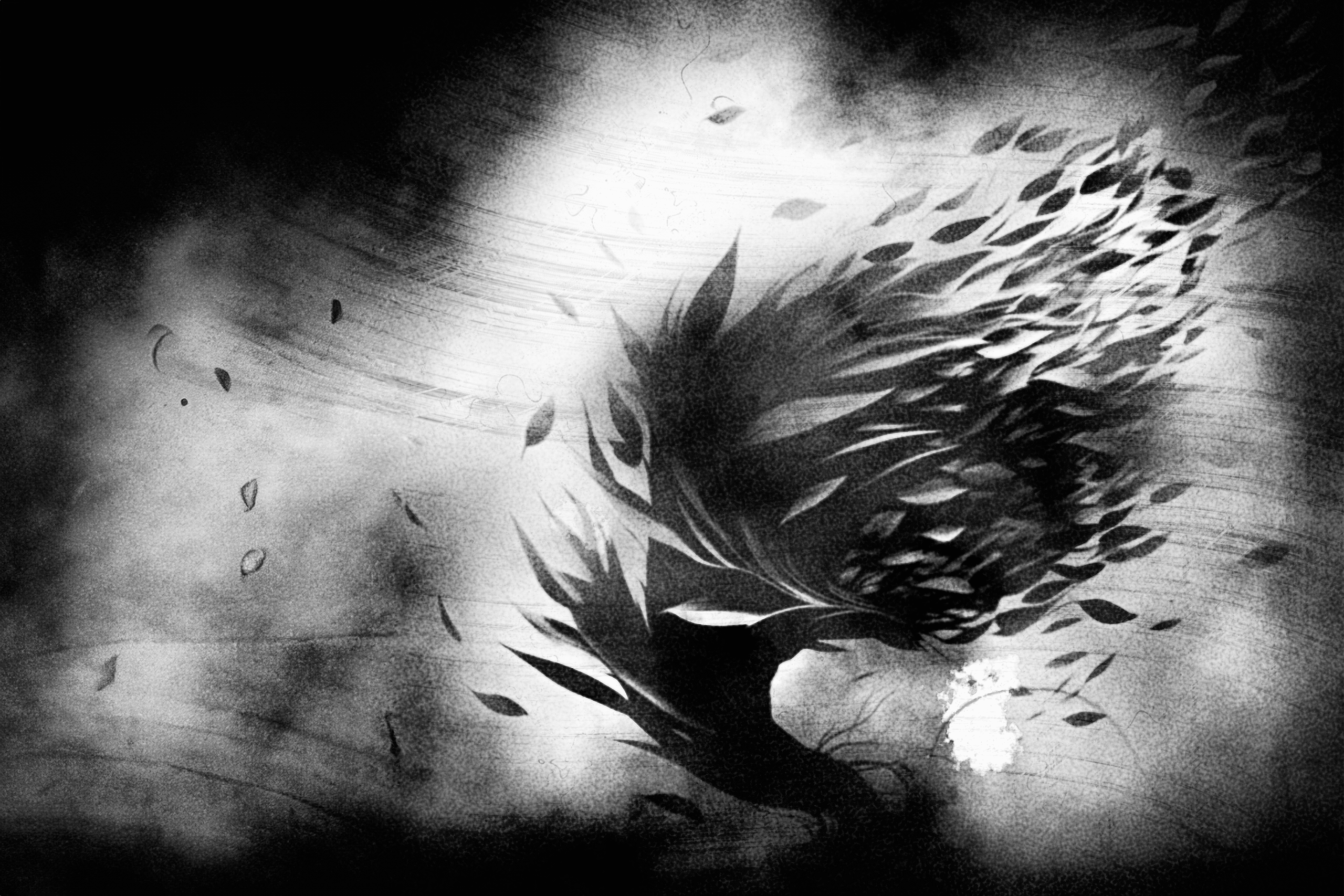Honouring Valentina Glockner
It is with deep sadness that we share the news that Valentina Glockner, a member of the Shadows project advisory team, passed away on 7th December 2023.
I met Valentina two days before the first Covid-19 lockdown. She had come to London for a symposium on care, childhood, and ‘migration crisis’ narratives. I was immediately struck by Valentina’s passionate commitment to addressing the profound injustices facing children on the move.
The more we talked – on WhatsApp, zoom, email, and any other medium we could find – the more I was impressed by her analytic sharpness. Valentina was deeply ethnographic in her approach, but she was able to cut through the intellectual obfuscation that sometimes happens as people move between deep description and theoretical commentary. What came through so clearly in all of her interventions was an incisive political commentary. For instance, just as she recognised and showed us how to centre children’s protagonismo, she was insistent that: ‘It is very important to recognize agency and autonomy [in children’s migration projects], but also to see when they are “pushed” and “forced” by serious conditions of violence, precariousness, and injustice’. This dialectic animated her work.
Her work, and indeed her life, was grounded in rich understanding and partnerships with those who she researched with. She called this ‘research as a form of acompañamiento’ or walking in solidarity alongside those who we engage with in our scholarship. Although she spoke about research participants in this way, I have the sense that this is how she moved through the world – as a partner to her students, colleagues, friends, family, and the children she worked with.
From 2020-2023, I had the pleasure of working with Valentina as a co-editor and author on the collection Crisis for whom? Critical global perspectives on childhood, care, and migration. During this time, she offered up the idea of ‘minorisation regimes’ which we have continued to develop together. This refers to the multi-scalar state practices, categorizations, discourses, tools, and readings of the body that are used to turn certain humans into ‘minors’ and the ways in which these rationalities are standardized and bureaucratized for the purposes of processing, administering, and purportedly protecting minors. Unfortunately, this is only a half-finished idea but one that I hope to develop in her honour. For me, the notion she offers to us here provides a rich theoretical resource for engaging with the intersections of violent border regimes and subjection of children which she dedicated her life to dismantling.
Our last communication was about the international initiative ‘Letters for Palestinian childhoods’. ‘Sorry I haven’t had the chance to finish my letter,’ she wrote. ‘We got a unique opportunity to meet with the city council to negotiate shelters for people on the move.’ Days later, she submitted a letter in Spanish and English drawing links between the children she worked with in Mexico and those in Palestine who ‘interrupt and crack the border’. This exemplified the variety of her interests and her unflagging ethical sensibilities. In her letter to Palestinian children, she continued: ‘Many children around the world, like you, are also seeds of struggle and freedom. Seeds of true hope that teach us a different world is possible. And I promise you that we will do everything in our power to care for and sustain those seeds, and that even though we are so far away, we are here for you too.’
Valentina embodied the idea of scholar-activism. She will be sorely missed even as her contributions continue to inspire us to care for and sustain true hope that a better world is possible.
Rest in power, Valentina (1981-2023)




